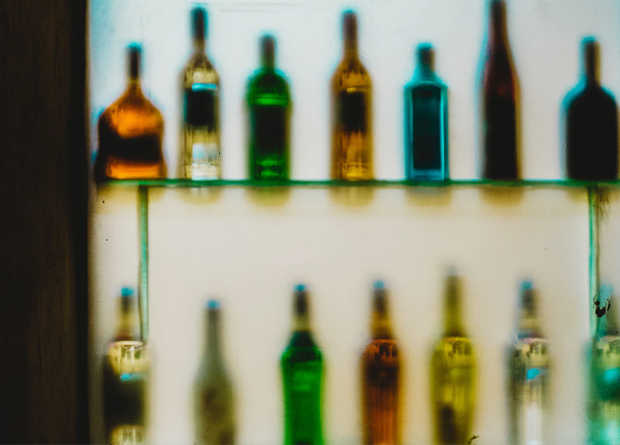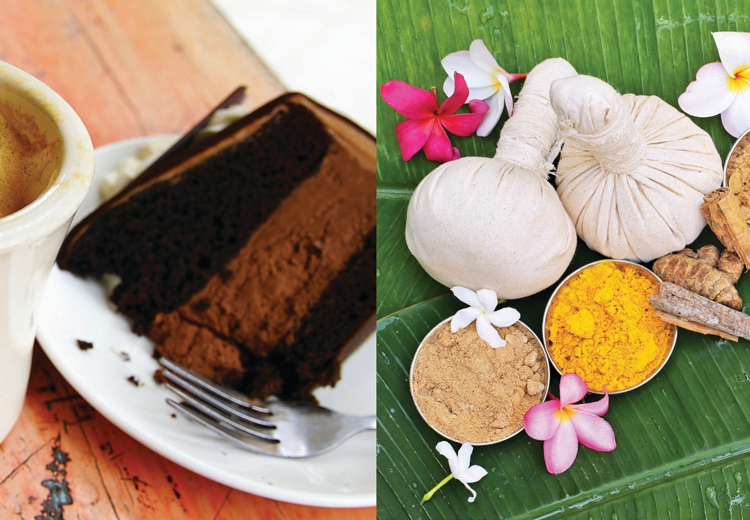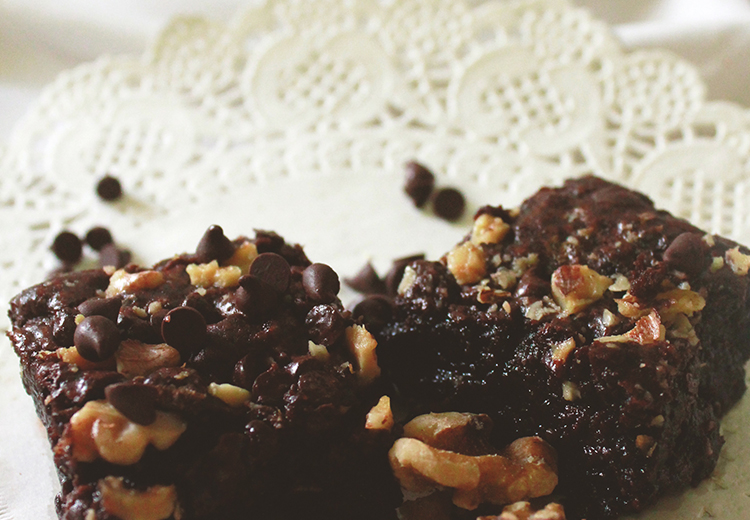For as long as alcohol has been around and humans have drunk it for pleasure (reported to be since around 10,000 BC), they have as a result experienced hangovers and had the need to cure the awful side effects. Yet this has always been a complicated notion, as many of the remedies haven’t always been proven effective, but rather have just been passed down the generations.
Today, many of us resort to drinking water and taking a few painkillers, despite the fact that they provide no immediate relief or miracle cure, but what is the history of the hangover cure and how has it changed through the decades?
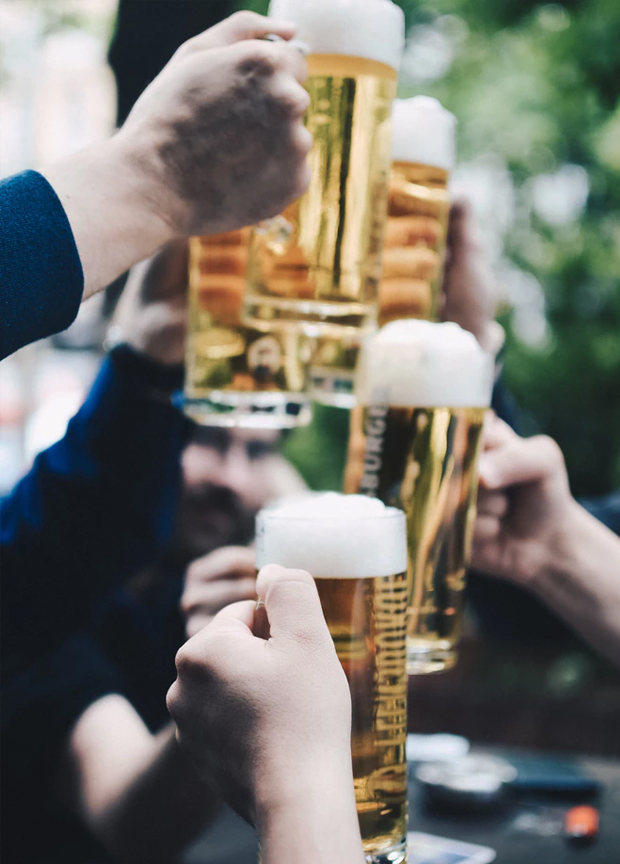
Ancient era
Some of the earliest hangover cures many of us would agree would be a living nightmare. It seemed that those in the ancient era would try anything and everything to reduce the likes of pain, nausea, and tiredness by using all sorts of weird and rather vulgar methods.
In many cultures, it’s still recommended to eat pickled foods to cure a hangover, but the Mongols from the era of Genghis Khan suggested that consuming pickled sheep eyeballs was the way forward.
Then, there was the idea of licking your own perspiration, suggested by the Native Americans. This involved exercising the morning after a night of heavy drinking and working up a sweat, which they would then lick to remove toxins from the body and spit it out afterward.
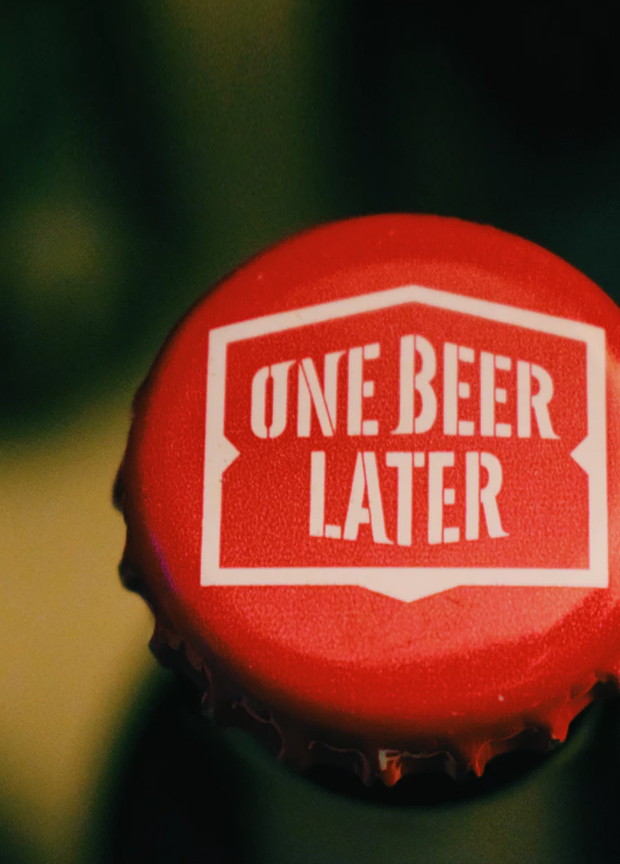
20th century
In the 1930s, New York City came up with its very own hangover cure at the Ritz-Carlton hotel. The staff served guests with a glass of cola and milk mixed to rid the symptoms of a hangover. The head barman suggested that after taking a snooze, they would feel back to normal again as soon as they woke, but can cola really cure a hangover?
Eating plenty of food has always had a strong connection with battling a hangover and in the 20th century, the British came up with the idea that a full-English breakfast is the best hangover cure. The term was coined ‘Brunch’ as the meal was served around noon. People would start off with a hot drink to settle the stomach before moving on to greasy food, such as the likes of sausage, egg and bacon to absorb the alcohol.
21st century
As research has developed, so has the effectiveness of hangover cures. Gone are the days when people would create their own remedies in the hope that they would start to see some results; now scientific solutions have come about that should make the individual feel better almost instantly.
One technique is known as hydration therapy, which has started to garner more attention in recent years. This innovative safe and effective technique replaces the lost fluids, nutrients and vitamins in the body that have been lost as a result of excessive alcohol consumption. Not only can you get IV hydration therapy when you suffer with the symptoms, but it can also be taken as a preventative measure.
It’s obvious to see that as the generations have developed, the intellect behind the remedies of the hangover cure has become much more rational rather than just hear-say, with research and scientific evidence backing the new techniques which are constantly being introduced in the modern day.













































































